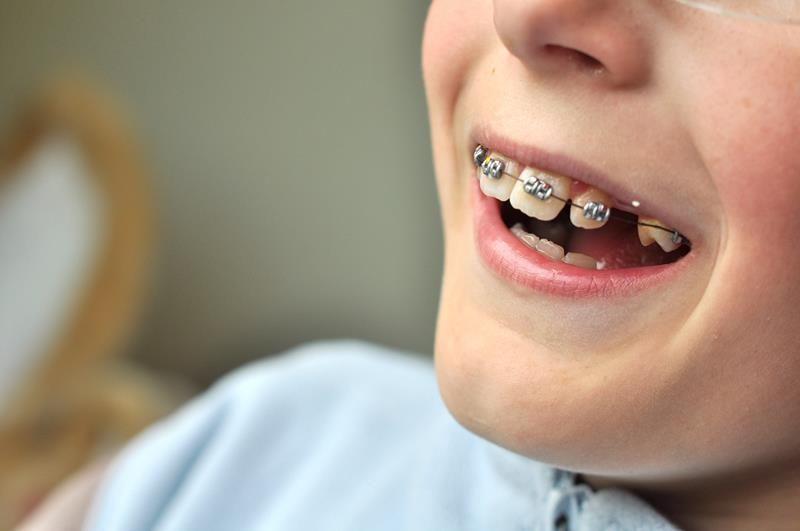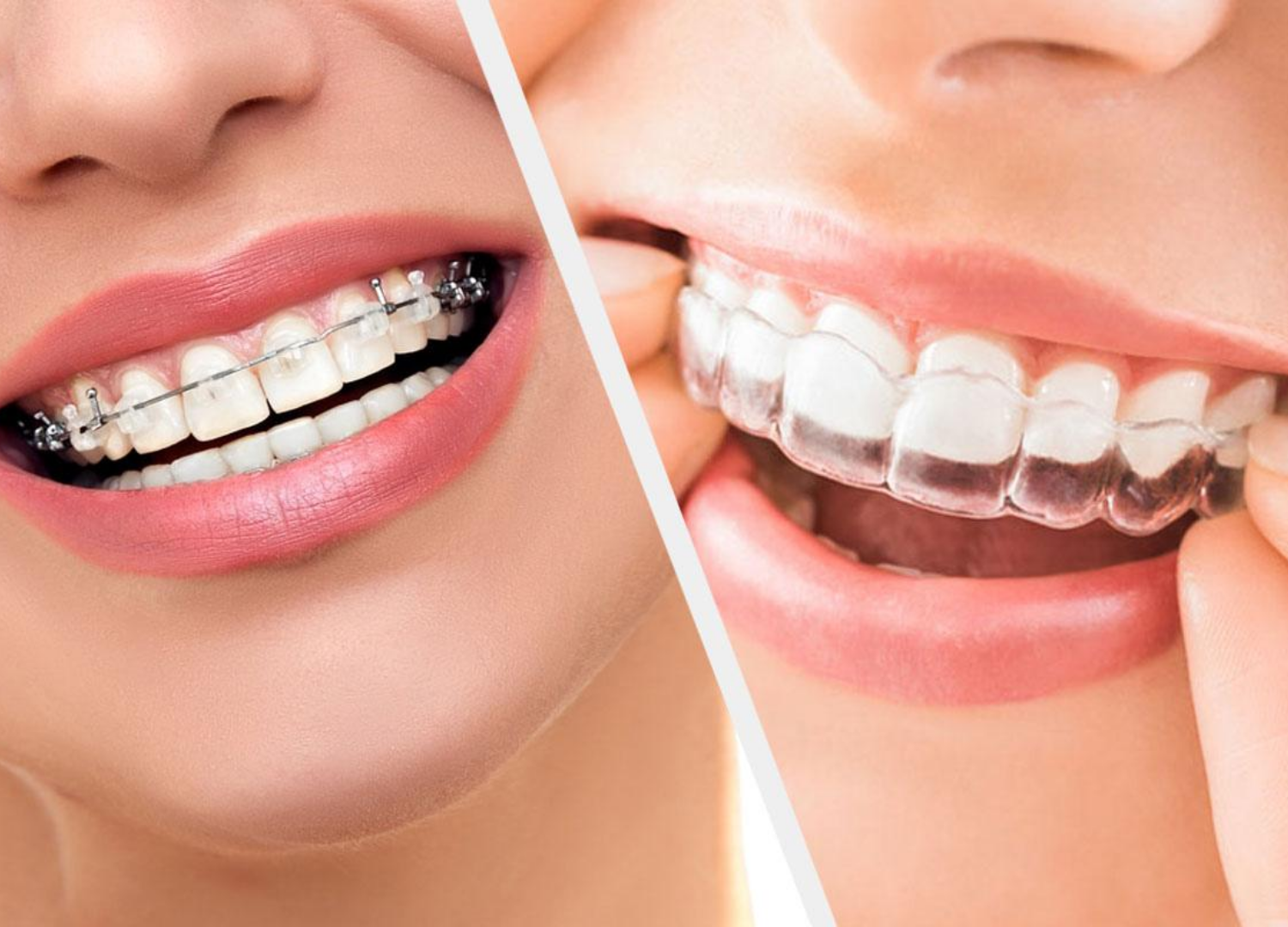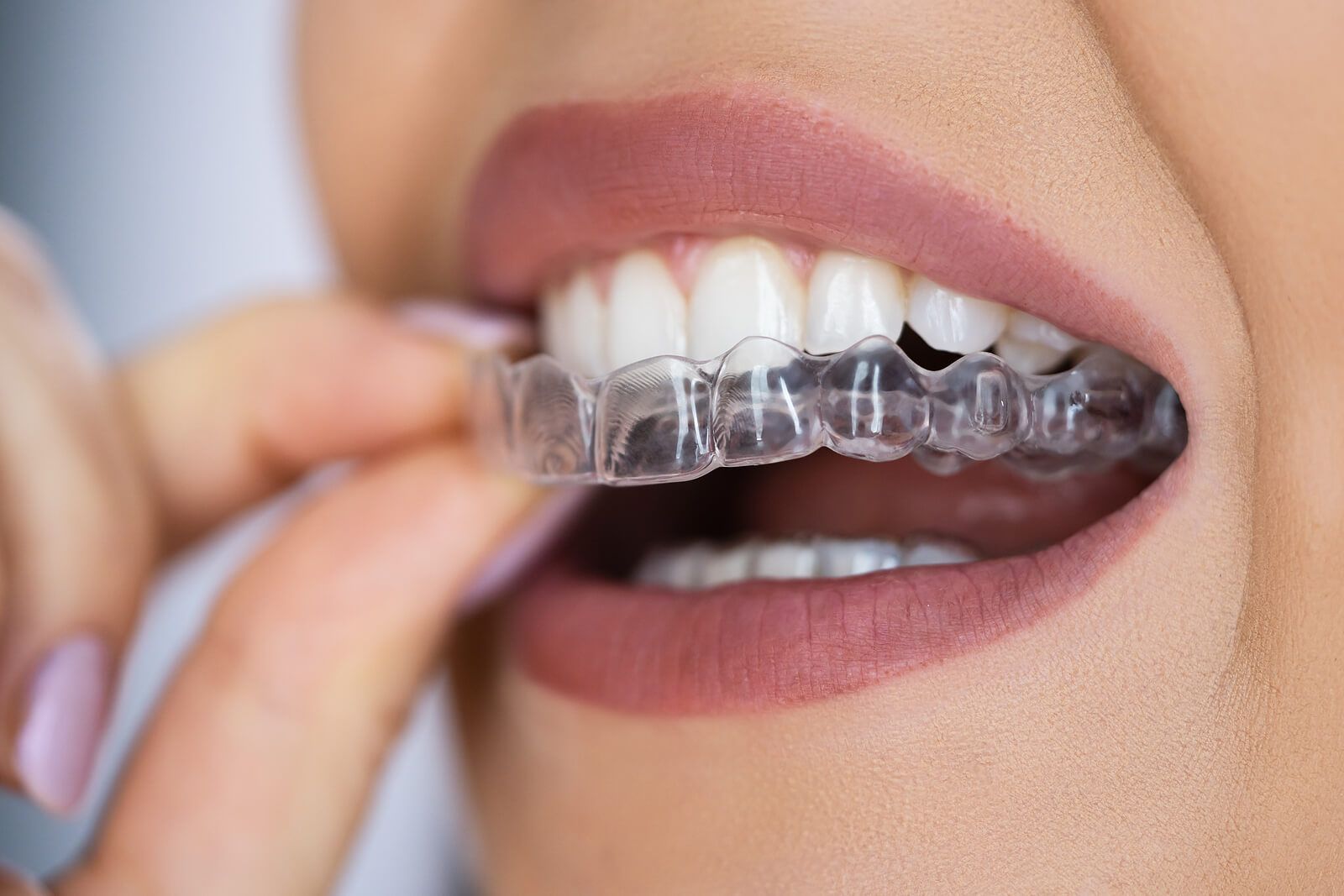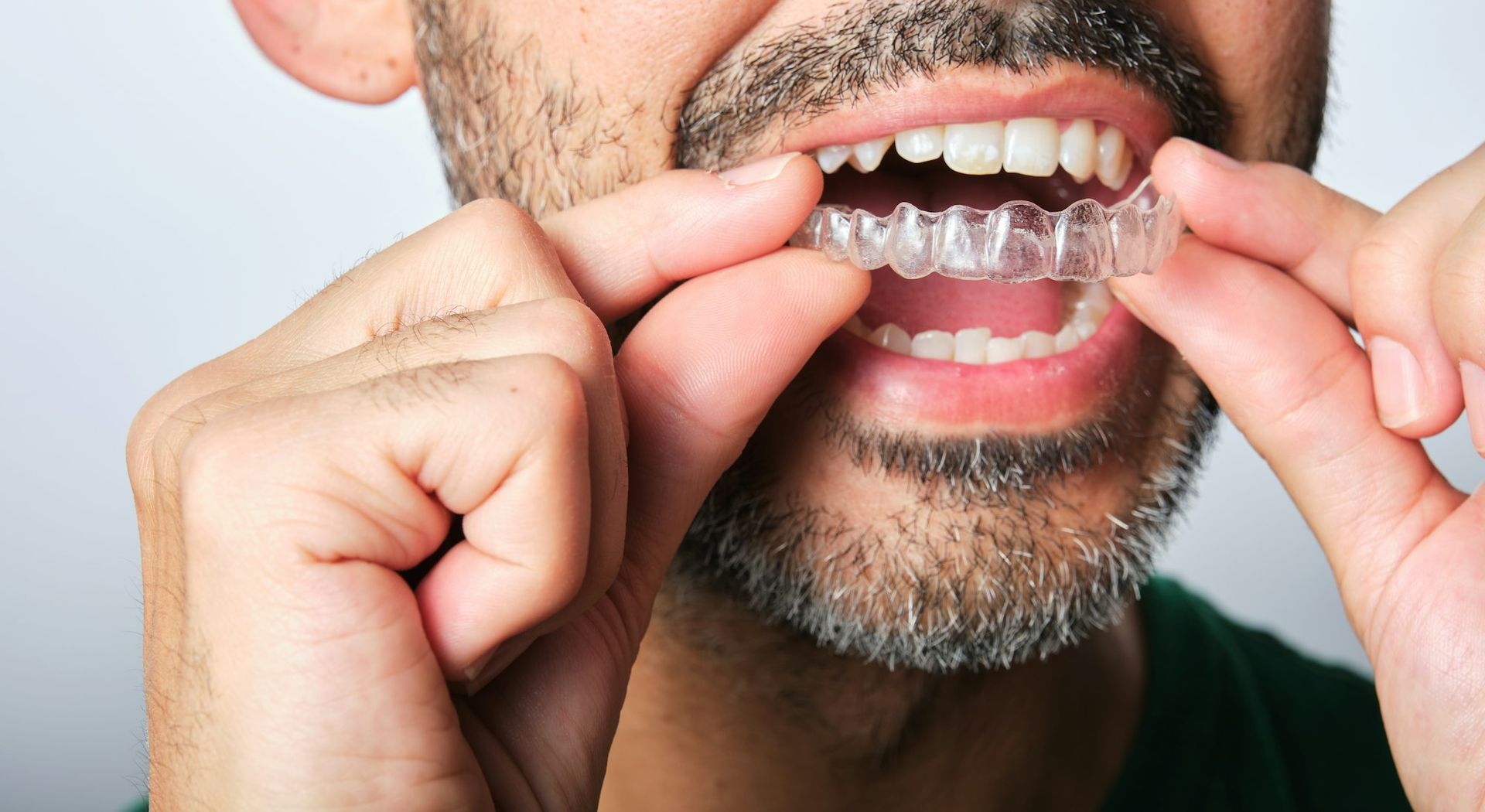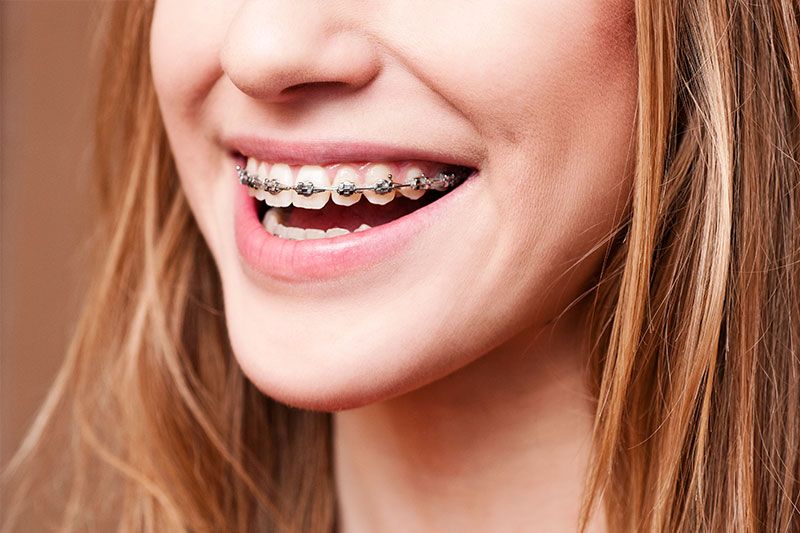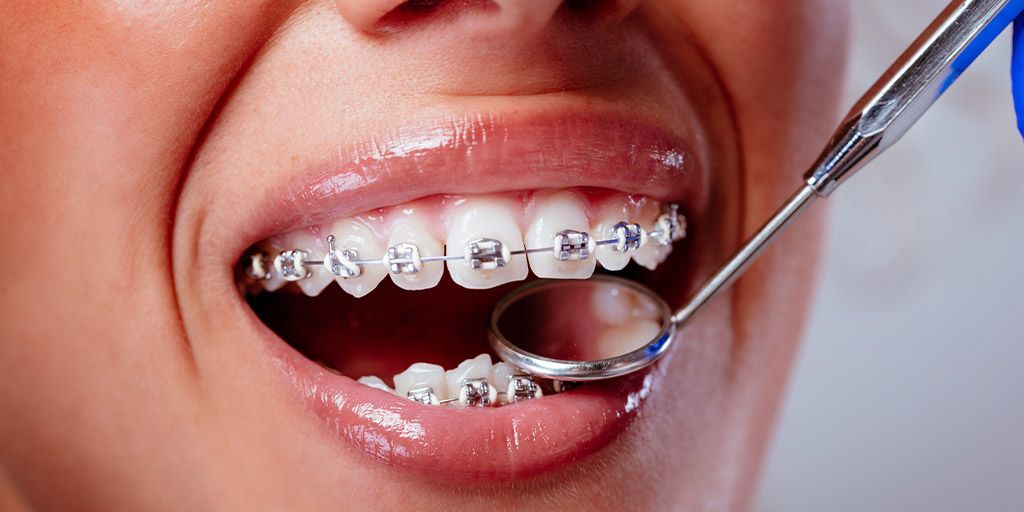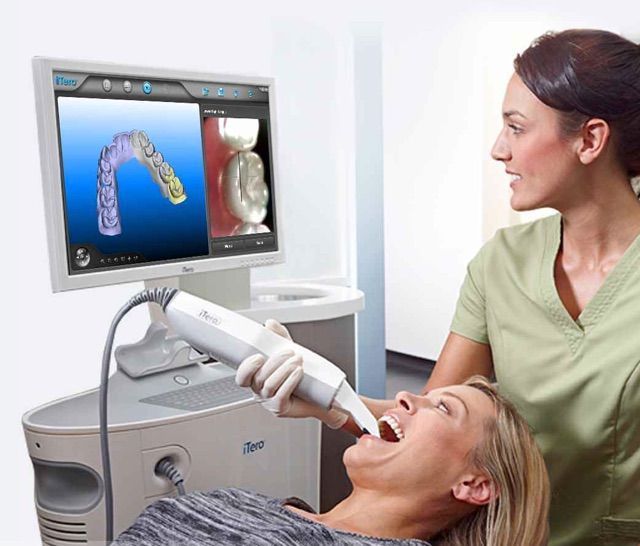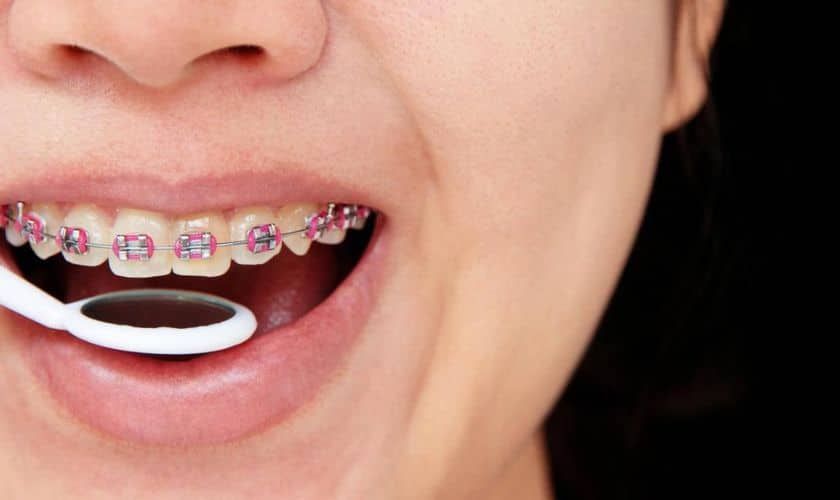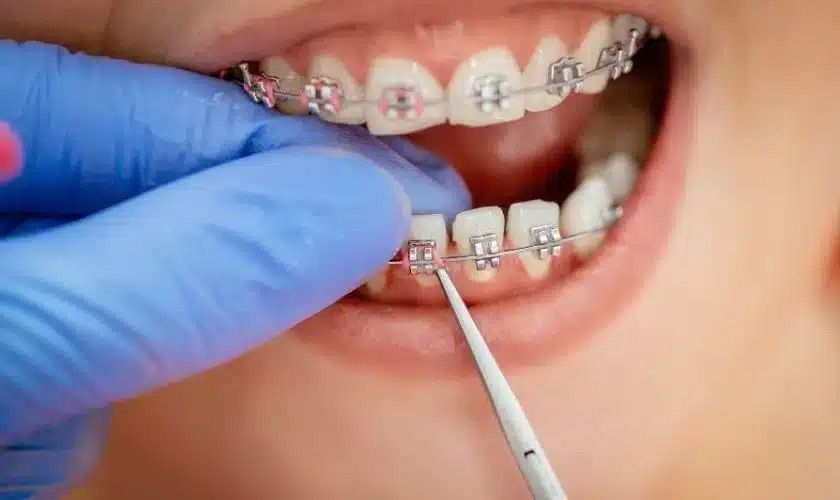How to Care for Your Braces
Improve Your Daily Routine
Best Dental Care Near Morganton, NC
Getting braces is an exciting step towards achieving a beautifully aligned smile, but it also requires commitment and care to ensure a smooth treatment journey. Proper care for your braces not only helps prevent discomfort and dental issues but also ensures that your treatment stays on track and yields the best results. Whether you're new to braces or looking to improve your routine, these tips will guide you in taking excellent care of your braces.
1. Practice Good Oral Hygiene
Maintaining good oral hygiene is essential when you have braces, as food particles and plaque can easily get trapped around the brackets and wires, leading to cavities, gum disease, and bad breath.
- Brush After Every Meal: Use a soft-bristled toothbrush and fluoride toothpaste to brush your teeth after every meal. Angle your toothbrush to clean above, below, and around each bracket, and don’t forget to brush your tongue and the roof of your mouth.
- Floss Daily: Flossing can be challenging with braces, but it’s crucial to remove food particles and plaque between your teeth. Use a floss threader or orthodontic floss to carefully floss between each tooth. Water flossers are also a great alternative to traditional floss.
- Use an Interdental Brush: An interdental brush (also known as a proxy brush) is a small, tapered brush that can clean around the brackets and under the wires. It’s an effective tool for removing debris that your toothbrush might miss.
- Rinse with Mouthwash: Use an antibacterial mouthwash to rinse your mouth after brushing and flossing. This helps reduce bacteria and keeps your gums healthy.
2. Follow Dietary Guidelines
What you eat can significantly impact the condition of your braces and the progress of your treatment. Certain foods can damage the brackets and wires, leading to discomfort and delays in your treatment.
- Avoid Hard and Crunchy Foods: Foods like nuts, popcorn, hard candy, and ice can break or dislodge the brackets and wires. Stick to softer alternatives like yogurt, soft fruits, and cooked vegetables.
- Stay Away from Sticky and Chewy Foods: Sticky foods like gum, caramel, and gummy candies can get stuck in your braces and be difficult to remove. These foods can also pull on the brackets and wires, causing damage.
- Cut Food into Small Pieces: Cut harder foods, like apples and carrots, into smaller, bite-sized pieces to reduce the pressure on your braces when chewing.
- Limit Sugary Foods and Drinks: Sugar can lead to plaque buildup and increase the risk of cavities. If you do indulge in sweets, be sure to brush your teeth afterward to prevent decay.
3. Protect Your Braces During Physical Activity
If you participate in sports or other physical activities, it's important to protect your braces and teeth from injury.
- Wear a Mouthguard: A mouthguard is essential for protecting your braces and teeth from impacts during contact sports. You can get a custom-fitted mouthguard from your dentist or use a boil-and-bite mouthguard that you mold to fit your teeth.
- Avoid High-Risk Activities: If possible, avoid activities that carry a high risk of facial injury, such as skateboarding or cycling without protective gear. If you do engage in these activities, always wear a helmet and mouthguard.
4. Handle Discomfort Properly
It’s common to experience some discomfort, especially after getting your braces tightened. Here’s how to manage it:
- Use Orthodontic Wax: If a bracket or wire is irritating the inside of your mouth, apply orthodontic wax to the area to create a smooth barrier. This can help prevent sores and reduce discomfort.
- Take Over-the-Counter Pain Relievers: If your teeth feel sore after an adjustment, you can take over-the-counter pain relievers like ibuprofen or acetaminophen to ease the discomfort. Always follow the dosage instructions on the label.
- Rinse with Warm Salt Water: Rinsing your mouth with warm salt water can help soothe irritated gums and soft tissues. Mix one teaspoon of salt in a glass of warm water and swish it around your mouth for 30 seconds before spitting it out.
5. Be Mindful of Braces Emergencies
Braces emergencies, such as a broken bracket or poking wire, can happen, but knowing how to handle them can prevent further damage.
- Broken Bracket: If a bracket breaks or becomes loose, contact your orthodontist as soon as possible to schedule a repair. In the meantime, you can apply orthodontic wax over the bracket to prevent it from irritating your mouth.
- Poking Wire: If a wire is poking the inside of your cheek or gum, you can use a clean nail clipper to carefully trim the end of the wire. If you’re uncomfortable doing this, place orthodontic wax over the wire to protect your mouth until you can see your orthodontist.
- Lost Elastic Band: If an elastic band comes off, you can try to reattach it using clean tweezers. If you can’t reattach it or you lose the band, contact your orthodontist to determine if it needs to be replaced immediately.
6. Keep Up with Regular Orthodontic Appointments
Regular visits to your orthodontist are crucial for monitoring your progress and making necessary adjustments to your braces.
- Attend All Scheduled Appointments: Skipping appointments can delay your treatment and extend the time you need to wear braces. Make sure to attend all scheduled visits and follow your orthodontist’s instructions.
- Ask Questions: Don’t hesitate to ask your orthodontist questions about your treatment. Whether you’re concerned about discomfort, curious about progress, or need advice on oral hygiene, your orthodontist is there to help.
7. Stay Patient and Positive
Orthodontic treatment is a journey that requires time, patience, and a positive attitude.
- Celebrate Small Milestones: As your treatment progresses, celebrate the small milestones, such as noticing your teeth becoming straighter or getting a positive report from your orthodontist.
- Focus on the End Goal: Remember that the effort you put into caring for your braces will pay off with a beautiful, healthy smile. Keep the end goal in mind to stay motivated throughout your treatment.
- Stay Committed to Your Care Routine: Consistency is key to a successful orthodontic treatment. Stay committed to your care routine, and don’t be discouraged by temporary setbacks.
Caring for your braces is an essential part of your orthodontic journey. By practicing good oral hygiene, following dietary guidelines, protecting your braces during physical activities, and handling discomfort and emergencies properly, you can ensure a smooth and successful treatment. Regular orthodontic visits with our best dentist in in Hickory and Morganton, North Carolina nd a positive mindset will help you stay on track and achieve the smile you’ve always wanted.
110 Juniper St Morganton, NC 28655

